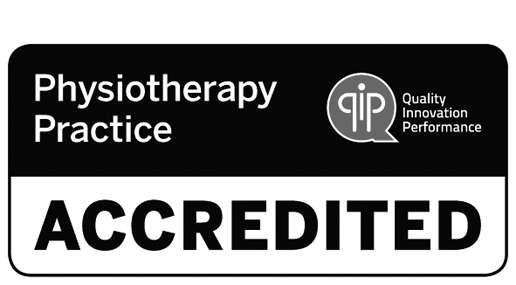Incontinence: Worse Than Death!
Key Messages
- Incontinence is incredibly common, and significantly impacts quality of life
- The majority of people with incontinence don't seek help
- Health professionals should routinely screen for incontinence
- In most cases, incontinence can be cured or better managed
In a recent study, 55% of people considered having bladder and bowel incontinence to be 'worse than death'1. Being incontinent was rated higher than 'relying on a breathing machine to live' (50%), 'being bed-bound' (45%), and 'being confused all the time' (40%). This result is staggering, and highlights the stigmatisation of incontinence. Professor Adrian Wagg, Canadian Geriatrician, shared this study in his recent keynote address at the 26th National Conference on Incontinence held in Sydney in November 2017.
Incontinence: The Big Picture
Incontinence impacts self-esteem, motivation, dignity and independence. Individuals who are incontinent are often subject to gossip, social isolation, and hostility. It is also surprisingly and overwhelmingly common.
- 4.8 million Australians (1 in 4 over the age of 15) experience bladder or bowel control problems2
- Urinary incontinence affects up to 1 in 3 women and 1 in 10 men2
- Faecal incontinence affects up to 1 in 10 women and 1 in 5 men2
- More than half of the women living in the community with incontinence are under 50 years of age2
Why Don't People With UI Seek Help?
An estimated 70% of people affected by incontinence do not discuss the issue with anyone, including their GP.2 Professor Wagg highlighted the key reasons people don't seek help:
- Incontinence is too personal or embarrassing to reveal
- Incontinence is considered to be a normal part of ageing
- Incontinence is a problem that doesn't interest doctors
- A belief that there is a lack of desirable treatment options
- A low expectation of treatment benefit
Professor Wagg is passionate about continence awareness, and recommends health professionals routinely screen for incontinence.
Opportunities To Screen For Incontinence
Research tells us that patients want their health care providers to ask about bladder, bowel, and sexual health. Good opportunities to screen for incontinence are consultations for:
- A pap smear
- Multiparous and post-menopausal women
- Pregnancy / post-natal
- Recurrent thrush or UTI's
- A general health check-up for men
A useful screening tool is also available, the 'Pelvic Floor Bother Questionnaire', which is available for download on our Referrer's Resources page on our website.
If incontinence is identified, patients can be referred to a continence professional for management and often cured of their condition.
Incontinence Can Be Cured Or Better Managed
The 2017 International Consultation on Incontinence publication3 made the following recommendations for conservative management of incontinence:
- Female urinary incontinence: "Supervised PFMT should be offered as a first-line conservative therapy for women of all ages with urinary incontinence" Grade A Recommendation, Level 1 Evidence
- Male urinary incontinence: Pre-operative or immediate post-operative PFMT is beneficial in hastening return to continence after radical prostatectomy. Level 2 Evidence
- Feacal incontinence: Pelvic Floor Muscle Training + biofeedback (ie rectal balloon) is the recommended 2nd line treatment after failed behavioral/medical management2 Grade A Recommendation, Level 1 Evidence
Incontinence: Moving Forward
To reduce the impact of incontinence on our society, Professor Wagg recommended 2 key focus areas:
- Increase Provider Confidence; to screen for incontinence, and refer to appropriate health professionals for treatment.
- Improve Public Awareness; to help patients understand that incontinence is not just 'a normal part of ageing', it can be managed and often cured.
References
1 JAMA Intern Med. Published online August 01, 2016. doi.10.1001/jamainternmed.2016.4362
2 Continence Foundation Australia www.continence.org.au
3 Abrams P, Cardozo L, Wagg, A, Wein A (eds) (2017). Incontinence: Proceedings of the 6th International Consultation on Incontinence, Health Publications, Paris, France
November 2017





